Northwest Eye Center Blog
Learn more about ophthalmology and eye care in our blog.
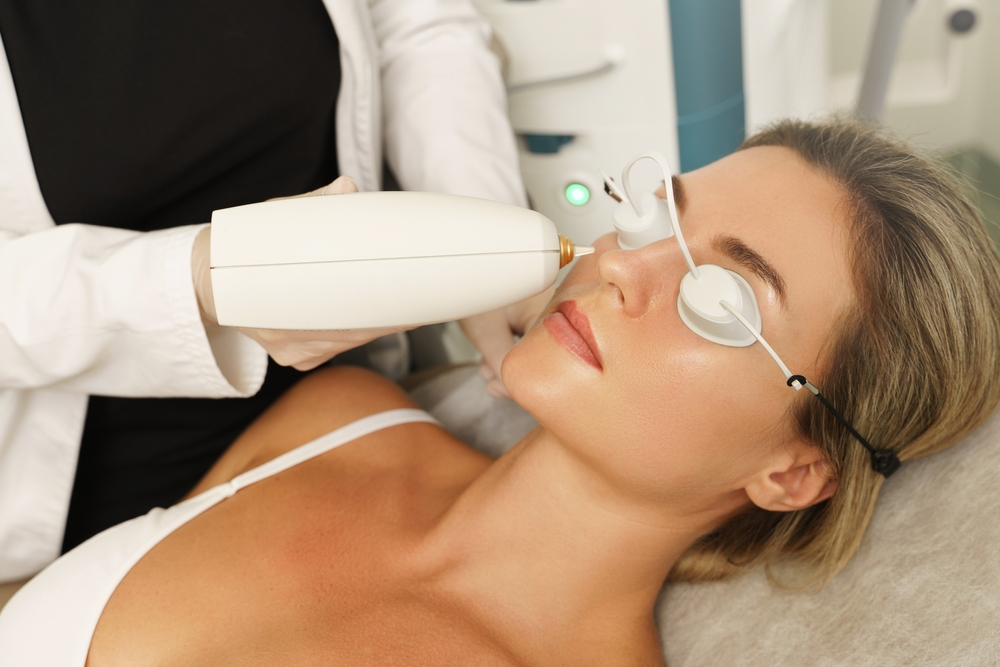
December 22, 2025
At Northwest Eye Center, we offer a wide range of dry eye solutions, including advanced treatments like OptiLight IPL, to help you find long-lasting relief. Understanding what sets OptiLight IPL apart from traditional therapies can help you decide which option is right for your needs.
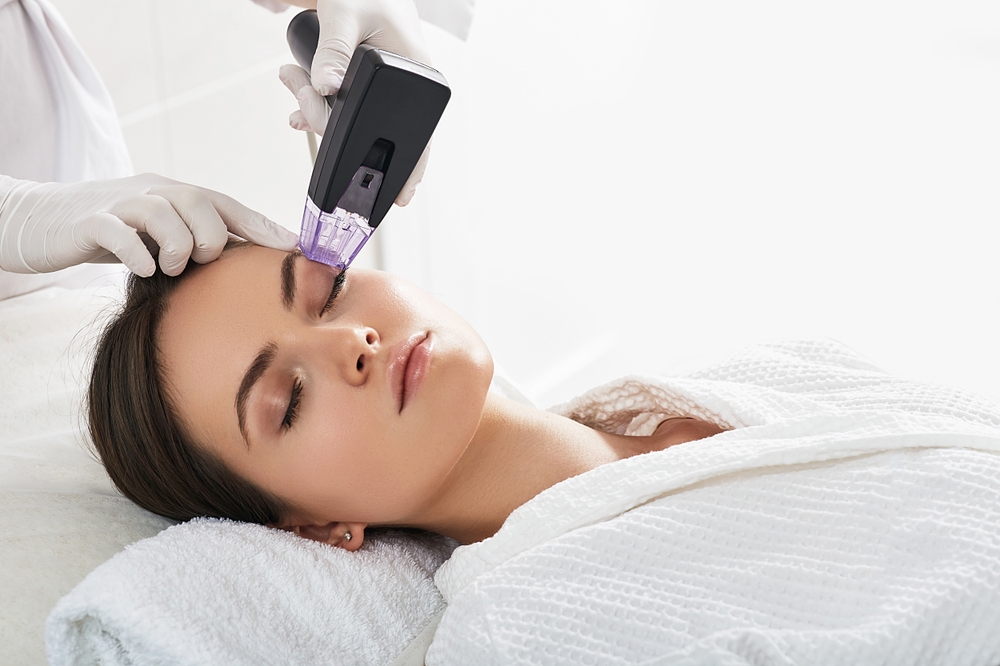
December 22, 2025
Eyelid heaviness, hooding, or loss of firmness can make your eyes look tired even when you feel your best. OptiLIFT is one of the latest non-invasive technologies designed to rejuvenate the eyelids by strengthening and re-energizing the muscles that support them. At Northwest Eye Center, we use OptiLIFT to deliver precise, natural-looking lifting without surgery, downtime, or discomfort.

November 19, 2025
As temperatures drop and indoor heating kicks in, humidity levels plummet - creating the perfect storm for dry, irritated eyes. Dry eye syndrome can make your eyes feel scratchy, watery, or even painful.

November 19, 2025
One of the most effective modern solutions for dry eye treatment is intense pulsed light (IPL) therapy, a gentle, non-invasive treatment that targets the root cause of dry eye rather than just masking the symptoms. At Northwest Eye Center, our experienced eye doctor in Barrington uses IPL to help patients restore comfort and eye health. But one of the most common questions we hear is: “How long does IPL for dry eye last?”
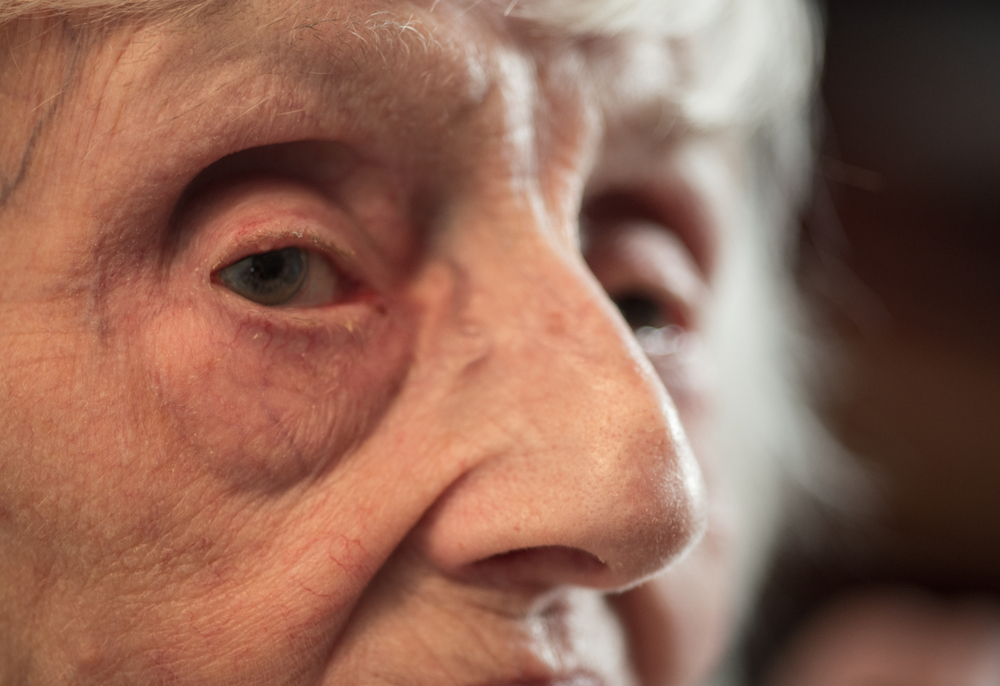
October 8, 2025
Age-Related Macular Degeneration (AMD) is one of the leading causes of vision loss among adults over 50. It affects the macula - the small central portion of the retina responsible for sharp, detailed vision. Over time, AMD can make tasks like reading, recognizing faces, or driving more difficult.
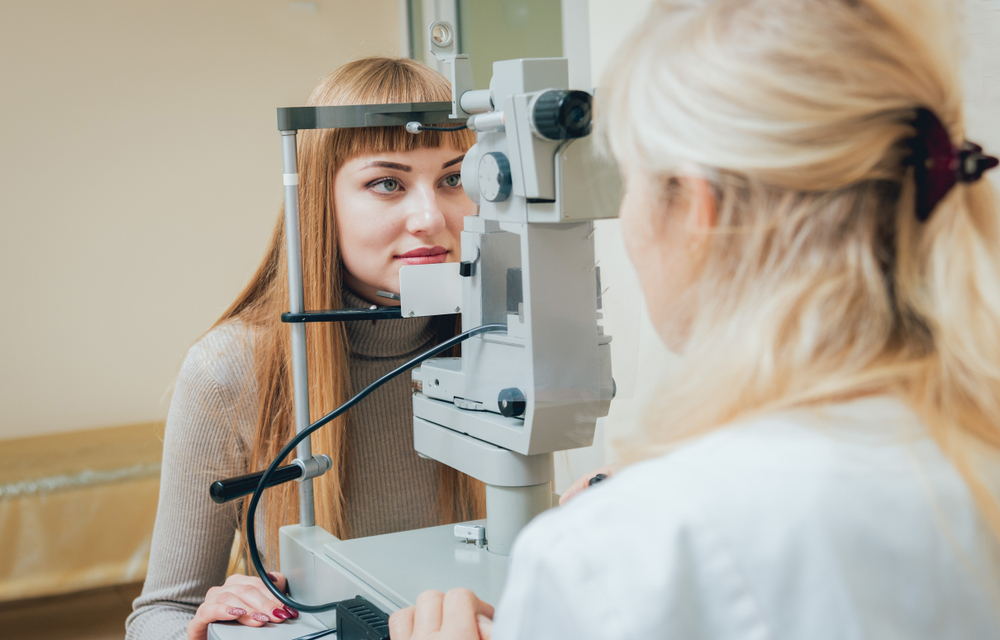
October 8, 2025
Cataracts are one of the leading causes of vision changes as we age, yet they often develop so gradually that the signs go unnoticed. Many people assume that needing brighter light or stronger glasses is just part of getting older - but in some cases, these subtle changes could point to the early stages of cataracts.
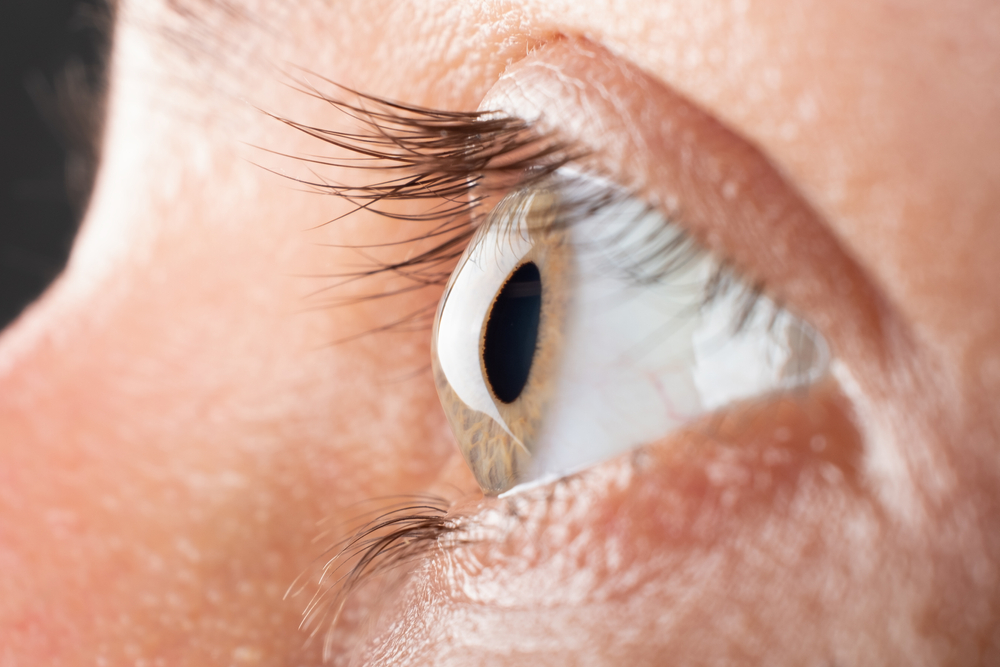
September 26, 2025
When most people think of Intense Pulsed Light (IPL) therapy in eye care, they think of its role in treating dry eye disease caused by meibomian gland dysfunction. While IPL is a highly effective treatment for reducing dry eye symptoms, its benefits don’t stop there. IPL can also offer cosmetic perks for the delicate skin around your eyes, giving patients both functional relief and a refreshed appearance.
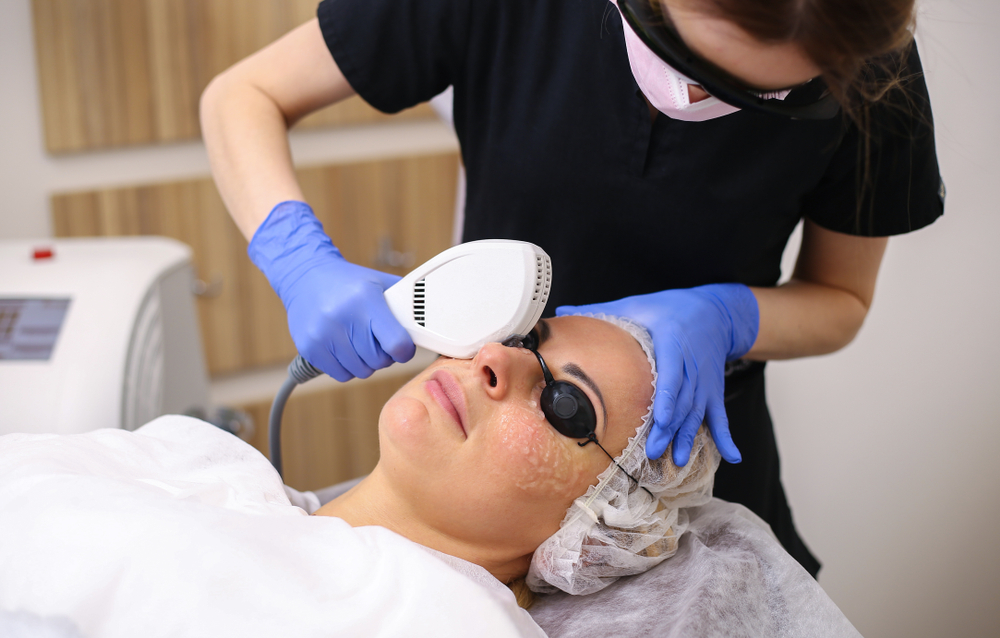
September 26, 2025
Living with chronic dry eye disease can be frustrating. Symptoms like burning, stinging, watery eyes, and fluctuating vision can interfere with everything from reading to working on a computer or enjoying the outdoors. OptiLight IPL (intense pulsed light) offers an advanced treatment that not only targets the root causes of dry eye but also improves patients’ overall quality of life.
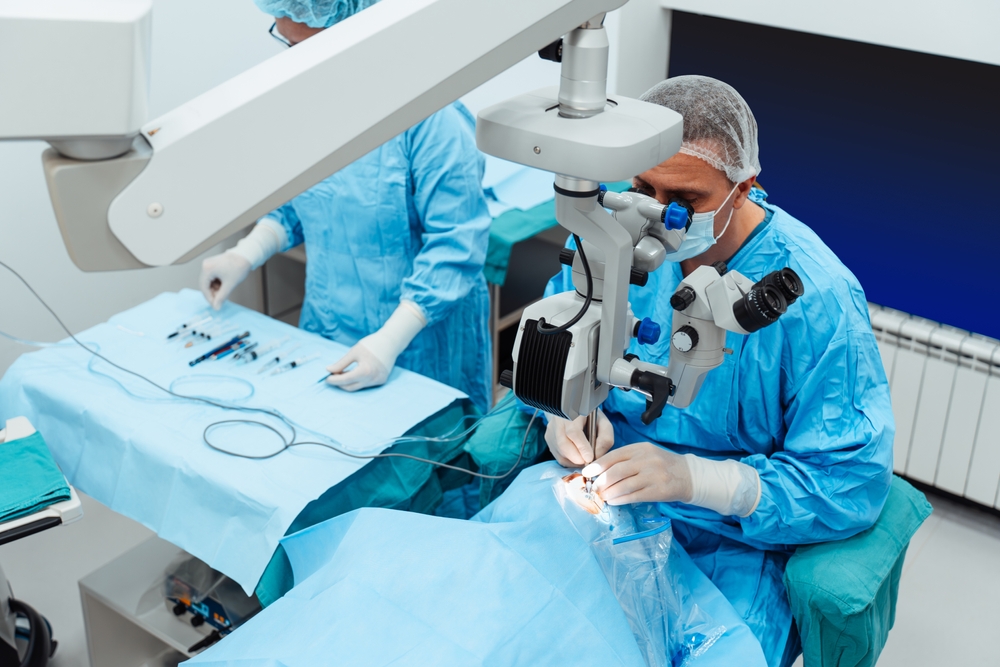
August 7th, 2025
If you’ve been told you have both cataracts and astigmatism, you may be wondering whether both conditions can be treated at the same time. The good news is yes, they can, thanks to advances in modern cataract surgery technology.

August 8th, 2025
Dry eye disease affects millions of people each year, causing symptoms like burning, redness, grittiness, blurred vision, and light sensitivity. For many, over-the-counter drops and home remedies offer only temporary relief.








